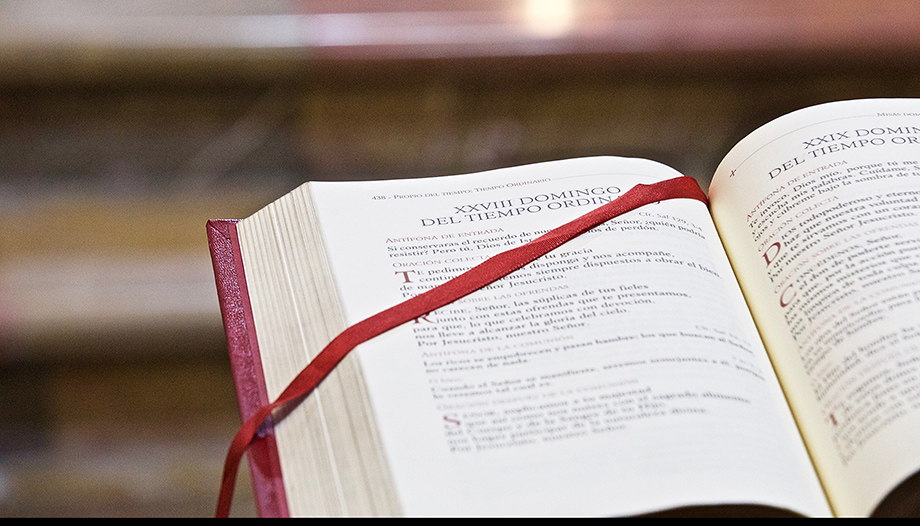How much we complain. In fact, every language has several words to describe different ways of complaining. Certainly, there is a lot of complaining in today's readings. Elijah complains. He is fed up and asks God to take his life. In his defense, he had reason to feel sorry for himself. He had just confronted the 450 prophets of the false god Baal and, although he had been victorious, he felt very lonely: persecuted and the only prophet defending the true God, when all the others had abandoned him to worship false gods.
We can also complain too much, often with First World problems. We focus on what we don't have, and not enough on God's gifts. Our complaining about what we think we don't have leads us to doubt Him. But if we trust Him, He will not let us down.
Elijah complained, but God took care of him. He gave him the miraculous bread and water, which appeared on the stone, twice. And with that bread and water he was able to walk 40 days and 40 nights to Mount Horeb, where he would meet God. If we are faithful to God as Elijah was, He will give us everything we need: miraculously when necessary, although He usually uses ordinary means.
The miraculous food eaten by Elijah, the miraculous bread eaten by the Jews in the desert, all point to a greater miracle, the miracle of the Eucharist of which Christ begins to speak in today's Gospel and which he will explain more in next Sunday's reading.
We are invited to prepare our hearts for this gift. And one way to do this is precisely to foster in our souls a sense of gratitude. We do not appreciate the Eucharist because we are not sufficiently grateful. We complain about what we do not have and, therefore, we despise this great gift.
In the Gospel, there are also complaints. "The Jews murmured at him because he had said, 'I am the bread come down from heaven.'" This complaint and the reference to bread would remind any Jew of the Israelites in the desert, when God brought them out of Egypt. Then too they complained, and precisely for lack of bread. And then they complained when they got bread that they wanted meat. And they complained when there was no water. Each time God gave them what they wanted: bread, meat, water. They took the gift, but they did not recognize the giver.
Homily on the readings of the 19th Sunday in Ordinary Time (B)
Priest Luis Herrera Campo offers his nanomiliaA short one-minute reflection for these Sunday readings.









